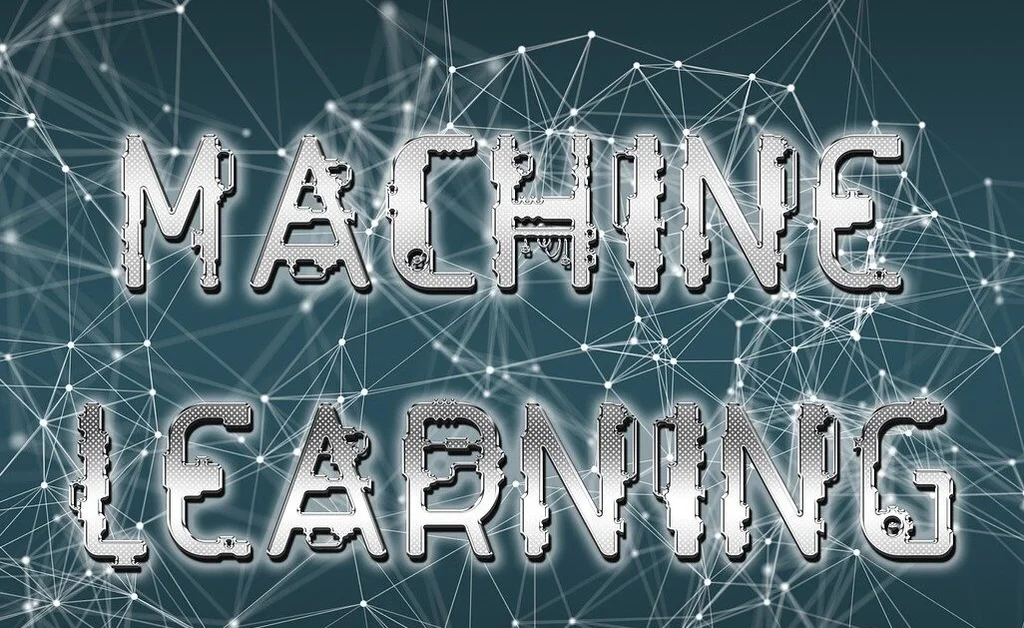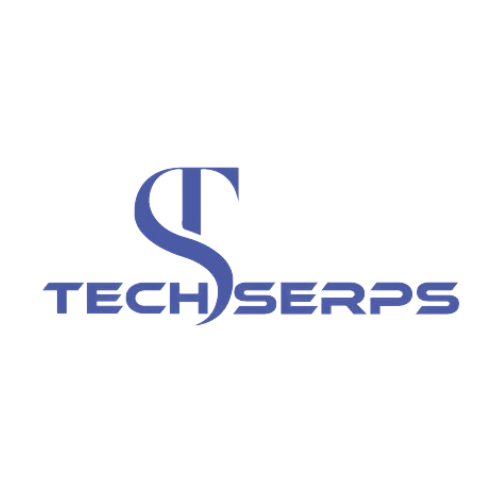The rise of artificial intelligence (AI) and machine learning (ML) has revolutionized industries, enabling businesses to automate processes, predict outcomes, and improve decision-making. Choosing the right machine learning platform is crucial to harness AI’s power. These platforms provide developers and data scientists with the tools, algorithms, and frameworks to build and deploy machine learning models.
In this article, we’ll explore a machine learning platform’s importance, key features, and the best platforms available in 2025. Whether you are a beginner or an experienced AI developer, this guide will help you choose the ideal platform to accelerate your machine learning projects.

What is a Machine Learning Platform?
A machine learning platform is a suite of tools, frameworks, and libraries designed to simplify the process of building, training, and deploying machine learning models. These platforms provide an environment where developers can experiment with different algorithms, manage data, and track the performance of their models in real-time.
Typically, a machine learning platform includes:
- Data processing and cleaning tools to prepare data for training
- Model training and optimization to create accurate predictions
- Collaboration tools for teams working on the same project
- Deployment and monitoring capabilities to deploy models in production
The platform you choose can significantly impact your productivity, the quality of your models, and your ability to scale your projects. Now, let’s dive into why selecting the right machine-learning platform is crucial for your AI development.
Why is Choosing the Right Machine Learning Platform Important?
Selecting the right machine-learning platform can make or break your machine-learning project. Here’s why it’s so important:
Streamlines the Development Process
Machine learning projects involve several stages, from data preprocessing to model evaluation. A good machine-learning platform streamlines these stages, making transitioning from one step to the next easier. You can quickly prototype, test models, and optimize them without spending too much time on repetitive tasks.
Ensures Scalability
As your project grows, so will the complexity of your models and the amount of data you need to process. A machine learning platform that supports scalability ensures that your project can handle increasing workloads without compromising performance.
Improves Collaboration
Machine learning often requires collaboration between data scientists, engineers, and other team members. A machine learning platform with features like version control, project management tools, and shared workspaces helps teams collaborate more effectively and achieve a common goal.
Cost-Effectiveness
Some platforms are more affordable than others, especially when it comes to cloud-based platforms. Choosing a machine learning platform that aligns with your budget and provides the right resources for your project will help you avoid unnecessary costs in the long run.
Key Features of a Good Machine Learning Platform
When evaluating a machine learning platform, there are several essential features to look for:
Ease of Use and Accessibility
A machine learning platform should be user-friendly, with an intuitive interface allowing users to access key functionalities quickly. For beginners, this means easy navigation and precise documentation. For experts, this means advanced customization options without unnecessary complexity.
Integration with Data Sources
A good platform should easily integrate with various data sources, such as databases, data lakes, APIs, and other cloud services. This ensures you can import and work with the data required to train your machine-learning models.
Pre-built Algorithms and Models
Some machine learning platforms come with pre-built algorithms and models that can save you time and effort. These ready-to-use models can be customized to fit your needs or as a starting point for more complex models.
Cloud Support and Flexibility
Cloud-based machine learning platforms offer significant flexibility, scalability, and cost-effectiveness advantages. With cloud infrastructure, you can access powerful computational resources without investing in expensive hardware.
Model Deployment and Monitoring
Once your machine learning model is built, deploying it to production and monitoring its performance is essential. A strong machine-learning platform will provide deployment tools and monitoring capabilities to ensure your model runs smoothly and provides accurate predictions.

Top Machine Learning Platforms in 2025
Now that we understand what makes a good machine learning platform, let’s examine today’s best options.
Google Cloud AI Platform
Google Cloud AI Platform offers a comprehensive suite of machine learning tools and services, making it a powerful option for beginners and advanced users. It provides everything from data preprocessing to model deployment and monitoring.
Key Features:
- TensorFlow support for deep learning
- Seamless integration with Google Cloud Storage, BigQuery, and other Google Cloud services
- Pre-trained models for NLP, image processing, and more
- Scalable infrastructure for training large models
- Powerful collaboration tools for teams
Why Choose Google Cloud AI?
Google Cloud AI Platform is ideal for organizations that are already using Google Cloud services. It offers flexibility, scalability, and a rich set of machine-learning tools, making it suitable for various applications.

Amazon SageMaker
Amazon SageMaker is one of the most popular machine-learning platforms. It offers a fully managed environment for building, training, and deploying machine learning models. It integrates well with other AWS services, providing a robust and scalable enterprise solution.
Key Features:
- Support for TensorFlow, PyTorch, MXNet, and other popular frameworks
- Pre-built algorithms and ready-to-use models
- Built-in data labeling and preprocessing tools
- Easy deployment to AWS infrastructure
- Managed notebooks for collaborative development
Why Choose Amazon SageMaker?
SageMaker is an excellent choice for businesses that require a fully managed environment and integration with the AWS ecosystem. Its scalability and support for various machine learning frameworks make it suitable for complex and large-scale projects.
Microsoft Azure Machine Learning
Microsoft Azure Machine Learning is a cloud-based platform that helps developers and data scientists create, train, and deploy models. It provides various tools and integrations supporting machine learning and deep learning workflows.
Key Features:
- Integration with Azure cloud services for storage and computation
- Support for Jupyter notebooks and Python environments
- AutoML capabilities to automatically build models
- Collaboration features for team projects
- Advanced deployment options for web services and IoT devices
Why Choose Microsoft Azure?
Azure Machine Learning is perfect for businesses already using Microsoft’s cloud services. Its ease of use, automation tools, and integration with other Microsoft products make it an attractive option for many organizations.
IBM Watson Studio
IBM Watson Studio is a powerful machine-learning platform that offers a full suite of tools for building, training, and deploying models. It’s designed to support collaborative work environments, making it ideal for teams working on data science projects.
Key Features:
- A wide variety of built-in machine-learning algorithms and models
- Seamless integration with IBM Cloud services
- Model deployment options to both cloud and on-premise
- Data preparation and cleaning tools
- Collaboration and version control features for teams
Why Choose IBM Watson Studio?
Watson Studio is an excellent choice for organizations looking for a comprehensive platform that supports AI and machine learning workflows. It’s especially suitable for large enterprises and teams that require advanced features for collaboration.
H2O.ai
H2O.ai is an open-source machine learning platform designed to simplify the machine learning process for data scientists. It offers powerful tools for building predictive models and is optimized for large datasets.
Key Features:
- AutoML capabilities for easy model building
- High-performance computing support
- Integration with R, Python, and other data science tools
- Real-time scoring and model deployment
- Open-source and community-driven
Why Choose H2O.ai?
H2O.ai is ideal for data scientists seeking an open-source solution with strong AutoML capabilities. Its scalability and ability to handle large datasets make it an attractive option for businesses focused on data-driven decision-making.

Conclusion
The right machine-learning platform is essential for building successful AI models and driving data-driven decision-making. From cloud-based solutions like Google Cloud AI and Amazon Sage
How to Choose the Right Machine Learning Platform
When choosing a machine learning platform, it’s essential to consider the following factors:
Your Project’s Complexity
Some platforms are better suited for small-scale projects, while others are designed for large-scale enterprise applications. Make sure the platform you choose can handle the complexity of your machine-learning models.
Integration with Existing Tools
Consider how the machine learning platform integrates with your existing tools and infrastructure. For instance, Amazon SageMaker might be the best choice if you’re already using AWS.
Ease of Use
If you’re new to machine learning, look for a platform with an easy-to-use interface and precise documentation. Platforms like Microsoft Azure and Google Cloud offer user-friendly environments.
Cost
Some platforms, like Google Cloud AI, offer pricing based on usage, while others may have fixed plans. Make sure to consider the Cost implications for your organization.
Collaboration Features
If you’re working with a team, consider platforms that offer collaboration features, such as version control, shared workspaces, and real-time editing.


